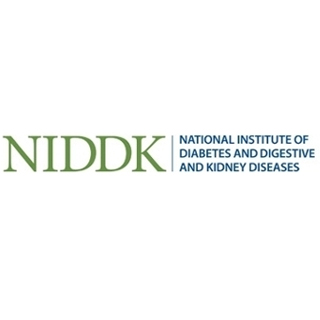
On a daily basis, the quantity of caffeine consumption to be advantageous is apparently corresponding to around 2.25 cups of regular coffee. Other sources of caffeine further than coffee supposedly did not appear to have the similar remedial result. Previous studies have apparently observed adaptable behaviors like coffee consumption that may alleviate the development of liver disease. With elevated coffee intake, one could see lesser occurrence of chronic liver disease, decreased threat of liver cancer, and lower danger of death from cirrhosis complications.
Apurva Modi, M.D. and lead author of the present study, commented, “From data collected to date it remains unclear whether coffee itself, or caffeine provides the beneficial effect.â€
From January 2006 to November 2008 all patients assessed in the Liver Disease Branch of the National Institutes of Health were asked to fill a survey to verify caffeine use. The questions varied from usual and diet soft drinks; standard and decaffeinated coffee; black, green, Chinese and herbal teas; cocoa and hot chocolate; caffeine-fortified drinks; chocolate candy; caffeine pills; and medications with caffeine. Additionally, the questions included frequency of caffeine consumption. The choices were never; 1-3 times per month, 1, 2-4, or 5-6 times per week; 1, 2-3, 4-5, and 6 or more times per day.
The examination comprised of around 177 subjects who were going through liver biopsy with a median age of 51 years and mean body mass index (BMI) of 27.5. It was seen that around 56% of the respondents were male, 59% Caucasian, 19% Black, 19% Asian, 3% Hispanic, and 68% suffered from chronic HCV. Around 71% of the caffeine taken seems to come from regular coffee, and it was followed by 13% of caffeinated soda and 4% of black tea. Frequent administration of the survey in a 6-month duration apparently exhibited steady responses signifying caffeine intake supposedly does not considerably alter over time.
Patients suffering from Ishak fibrosis with a score of less than 3 seemed to have an average caffeine intake of 212 mg/day as opposed to 154 mg/day for those with more superior fibrosis. The Ishak fibrosis score is supposedly the favored method that gauges extent of liver scarring with 0 standing for no fibrosis and 6 signifying cirrhosis. For every 67 mg augment in caffeine consumption, there seemed to be a 14% reduction in the likelihood of developing advanced fibrosis for patients suffering from HCV.
Dr. Modi observed, “Our data suggest that a beneficial effect requires caffeine consumption above a threshold of approximately 2 coffee-cup equivalents daily.â€
The study authors apparently further assessed caffeine and coffee independently to find out the individual consequence of each on fibrosis. The outcome seemed to display that consumption of caffeinated soda, green or black tea apparently was not linked to decreased liver fibrosis. Caffeinated coffee appeared to have the most distinct outcome on decreased liver fibrosis.
The experts propose that more study may be required to decide if the defensive advantages of coffee/caffeine consumption plateau at quantities further than the daily consumption threshold.
The study is published in the January 2010 issue of Hepatology, a journal published by Wiley-Blackwell on behalf of the American Association for the Study of Liver Diseases.
